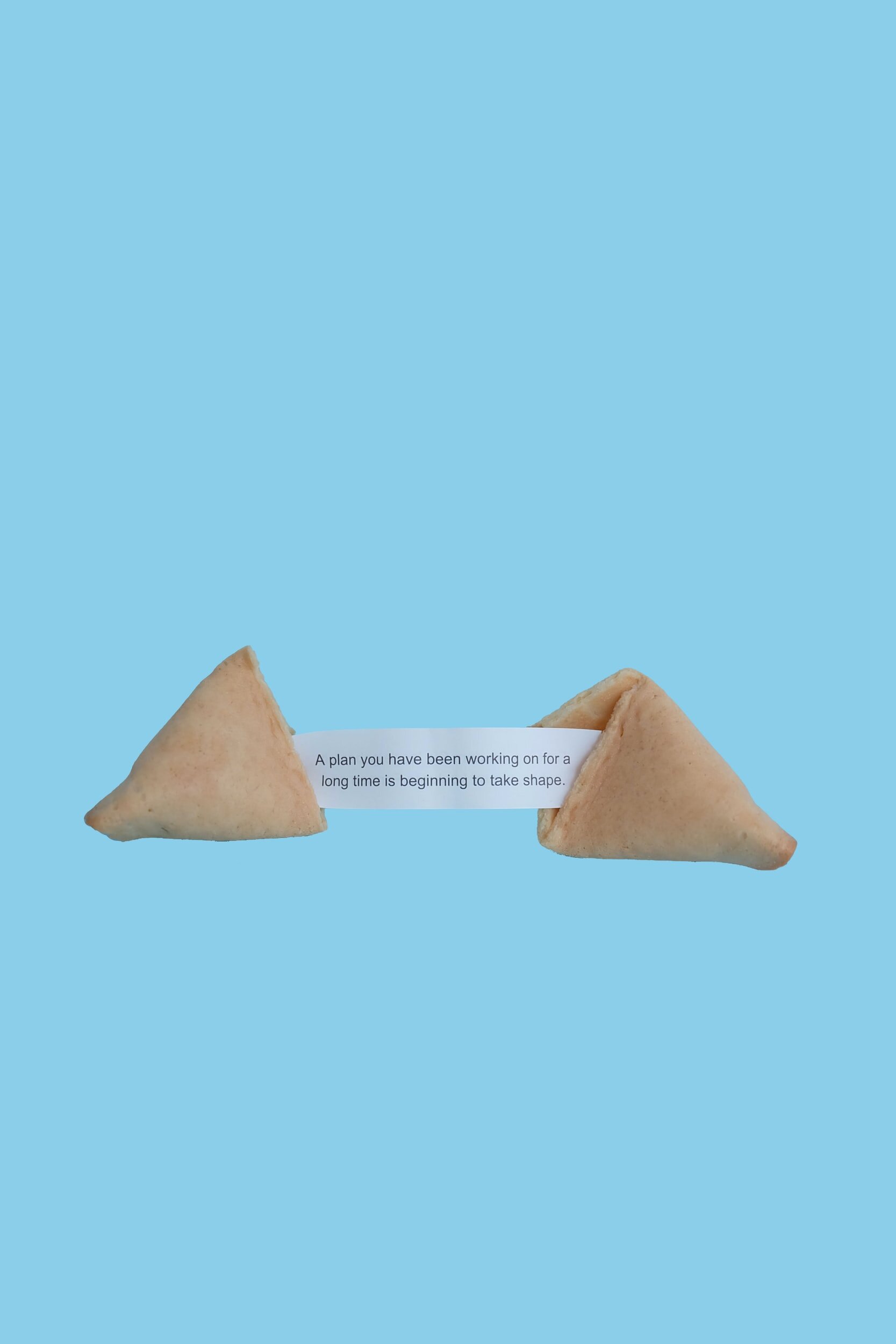What makes lockdown 2.0 feel so uncomfortable?
rachel Coffey
Read time 6 min
If someone had of asked you last year if you’d be willing to temporarily stop going out for dinner, pause the gym and put off buying your winter boots for a month in order to potentially save thousands of lives, surely it would have been a no-brainer. Other than the obvious strangeness of the question, it would seem like a small sacrifice for a very noble aim. And yet, here we are. Trying to spot the sunshine in the break in the clouds. Cringing at the mere suggestion of another social Zoom chat. Wondering if it’s even worth the bother of resurrecting April’s failed attempt at learning Japanese for just four weeks. So what is it that’s making this lockdown feel so, well, contrived?
There are a few key elements that we need to navigate in order to emotionally invest in an idea;
1. Belief - not in the cause, but in the leader driving it
Aha, hmmm, yes. In order to want to follow any kind of regime, we first need to want to follow the person who is at the head of it. To be inspired by a vision that can see beyond our own personal capabilities. Someone (or something) actively carving out a future that we want to be part of. Not just us either, it’s important that we can see others whose opinions we value getting on board too.
Then we look to the current leadership. It isn’t just difficult to believe in the person leading this, it is difficult to even work out who it is! Is it Boris? With his blufferingly unclear fist thumping messages? Is it ‘the party’? A party who seem more interested in giving their old pals jobs than getting buy-in from the people. Is it the scientists? Probably not. Or is it the likes of Dominic Cummings? Whose disregard for his own rules and apparent narcissism were a turning point for our collective ability to believe.
It isn’t hard when we look at the above picture to understand why any instruction handed out by our current ‘leaders’ is difficult to truly believe in.
2. Control - and not having it
Despite being repeatedly told that what happens next is in our hands, it doesn’t really feel like it is. Having spoken with many people over the past couple of weeks, canvassing opinion on the current lockdown, not one of them felt as though they were in control of their own - or anyone else’s - situation. Clearly no single individual can be in control of a pandemic, but that isn’t the point. What we are in control of is our own behaviour. The problem is that it feels like the contrary is true. When it seems like something is just happening to us, despite ourselves, our actions begin to feel meaningless. Our efforts simply a waste of time. It is at this point that people cease to take responsibility - and that is a dangerous tipping point.
There was a quote from an intensive care doctor that was read out at an official press conference, in short it said that today we can’t immediately stop cancer or heart attacks, but we can stop the virus spreading. The problem is though the way in which the control measures are being used doesn’t make sense to many of us. It feels that they are undermined by their very design. Is it really more valuable to have students paying good money to be locked up in their halls, transfusing the virus and then being allowed home for Christmas? Really?
To be successful we need to feel in control of our own destiny. We need our efforts to be worth it. To have a collective sense of responsibility - and there’s nothing that chips away more at our resolve than watching others flouting rules we don’t want to follow. We need a structure, a strategy and a plan. We need something to aim for - and to be allowed to exercise our own personal control in getting there.
3. Uncertainty - and its active dissemination
For something to matter, it needs purpose. With purpose we can commit, we can strive and we can deliver. Without it, we are lost. There’s something about lockdown 2.0 that feels as though we are indeed, lost. The constant to-ing and fro-ing, the lack of notice - and often logic, really does wear people down. It might seem that in the scheme of things cancelling someone’s family holiday at the last minute doesn’t really matter. That celebrating a birthday with friends is certainly worth the sacrifice. Even moving a wedding, again, is justifiable in the circumstances. All of those things are of course true, however it is the way in which they are communicated that is so damaging. The short-sighted insistence for weeks that restrictions aren’t going to be imposed only to be turned on their head at a moments notice. Obviously there are points in history where a sharp decision is vital, but this isn’t the sudden appearance of an enemy bomber and the sounding of the air raid siren. It's more like we’ve been watching the antagonist heading our way for weeks, being told that the best form of defence is to go out and eat pizza, then screaming ‘run for your lives’ when we lose our bottle.
The regularity of receiving these discombobulated and bamboozling messages desensitises us. Repeatedly switching path in a way that isn’t outwardly predictable is exhausting. We almost switch off the receptors in our brains in order not to be overwhelmed. However the real problem is far more profound and that is by communicating in this way, it feels as though our futures are being taken away from us. It’s almost like a sense of grief (and unfortunately a very real grief for some) of things that will never happen. Removing the ability to plan, taking away the facility to chart progress and understand where we are creates a void. As humans, for all the talk of living in the moment, we need to be able to look to the future.
The frustration is that it is actually about perception that has been coloured by very poor communication. There’s another way to do this, that feels more secure, egalitarian and worthwhile. There’s another way to do it without stealing people’s dreams.
It isn’t then the uncertainty of the virus that feels so at odds with our core being - we understand that, it’s not pleasant, but we get it. It is the structure of the decision making and the ham-fisted communication that’s actually so difficult to take.
Hardly surprising then that this version of lockdown feels uncomfortable. If we remember though that, although we don’t have every regular choice available we do in fact have control of or own actions. If we find our own valid purpose in what we do, we’ll feel more grounded and valued. If, despite the fog, we look toward building our future - wherever we may currently be. We can feel better about this. We can make a difference and we will.




